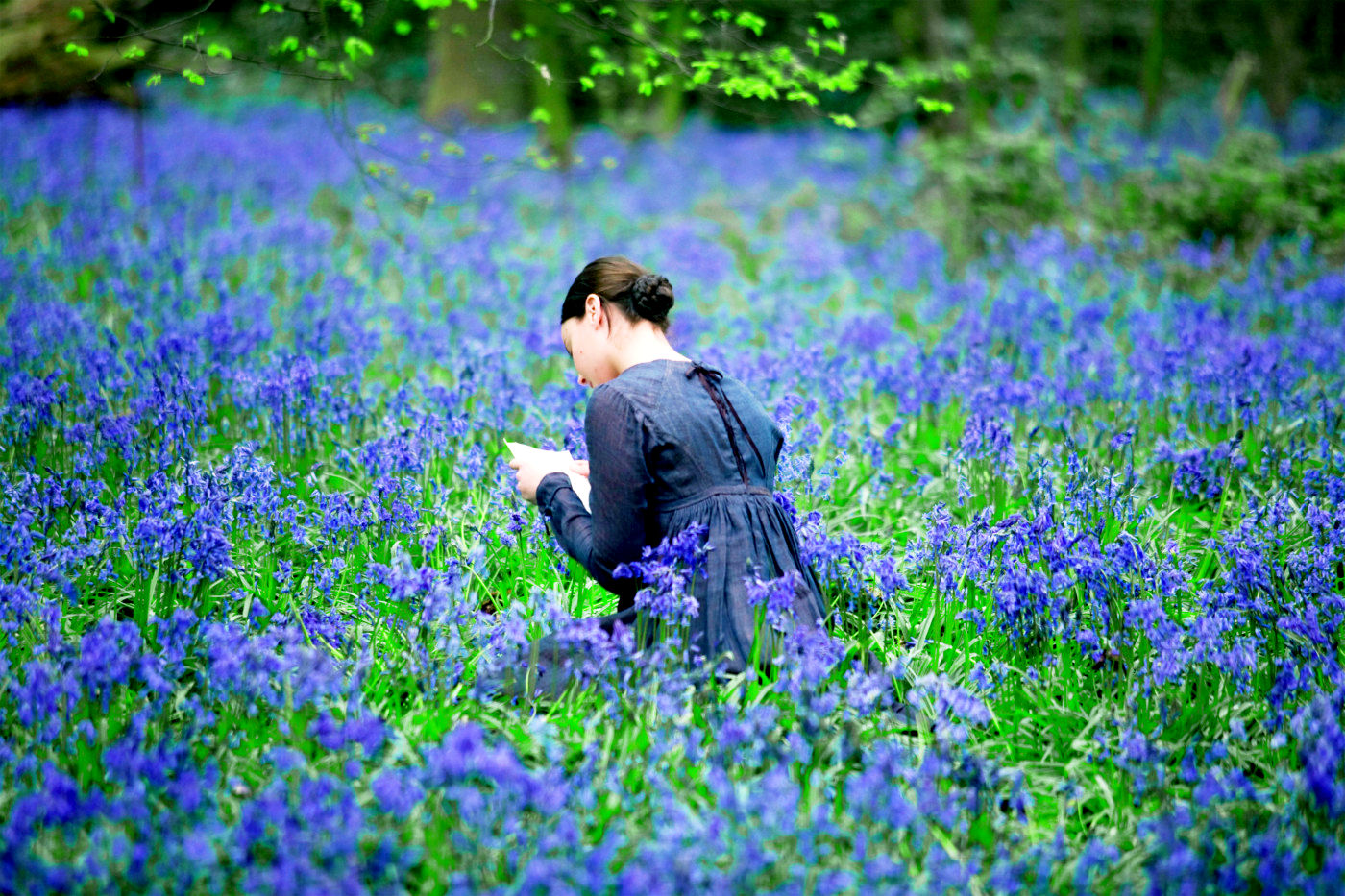Last night I saw Spike Jonze's mega-hyped
Where the Wild Things Are. I liked it. The visuals were spectacular, and the boy who plays Max could not have been better cast. His face is perfect in every shot, and my friend left the theater saying, "That is exactly how I want my son to be."
That said, I left the theater wondering why the wild things were so despairingly sad.
At the end of the summer I read Dave Eggers' story "Max at Sea" in the New Yorker, which I later found out was taken from the novel
The Wild Things which is based on the screenplay Eggers wrote with Jonze for the movie. The story was fine, though I have yet to feel the same amount of adoration for Eggers' writing that I did after reading
A Heartbreaking Work of Staggering Genius.
At any rate, last night as the movie began I was shocked by how closely the opening sequence matched the New Yorker story. It is fair to say that I preferred it on the big screen. But I'm still left wondering why the creatures Max encounters struggle with the tragedy that marks human existence. They were so so sad!
I read a New Yorker interview with Eggers where he talks about why he wrote a novel based on the beloved children's story. Here is what he said:
So it was a matter of probing deeper into who Max is, what he wants, what his life is like at home and at school. And on the island, looking deeper into who the Wild Things are and what they want from Max, his life as their king, and why he leaves. From the beginning, though, Maurice was clear that he didn’t want the movie or the book to be timid adaptations. He wanted us to feel free to push and pull the original story in new directions. Spike also gave me total leeway to make the book my own. He didn’t change a word, even though there were some things he was surprised by. That’s why we say the book is “loosely” or “very loosely” based on the movie.
I don't know if I would ever read this book.... I would definitely re-watch the movie, because it was gorgeous and entertaining (though, as I continue to dwell on, shockingly sad), but I feel like an adaption into a full length novel is a strange endeavor. The short story in The New Yorker featured just the right amount of what it feels like to believe you're utterly alone at age ten.
And, more importantly, (hah), I immediately ripped out the title page photo to bring to school for decoration. (My parents gave me permission to remove it, only after insisting that I photocopy the last page of the article on the opposite side of the photo...a story about electronic cars that I'm positive neither of them read).
Here is the photo currently next to my bedside. It alone gives an idea of just how lovable Max is in the film.




